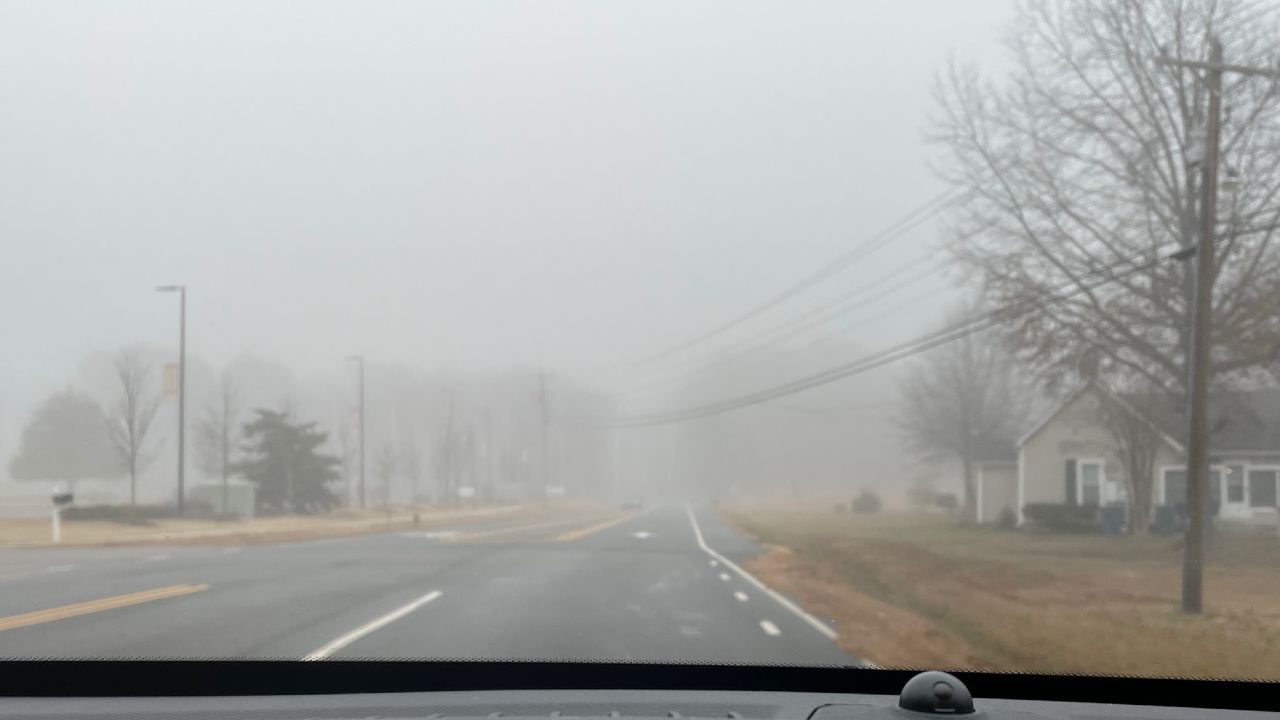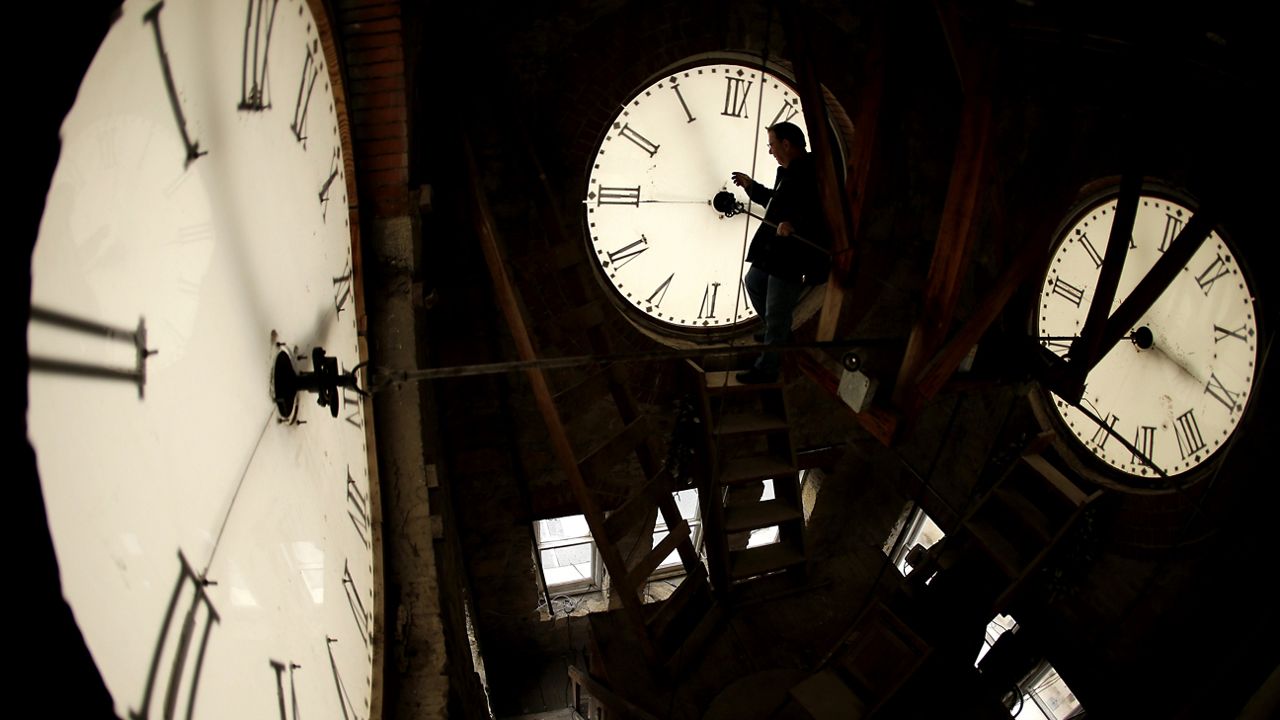BUFFALO, N.Y. — As a former public defender, Miles Gresham encountered many people with marijuana-related offenses, most of them from Black and Latinx demographics. To let arrest records tell it, these communities possess and use the substance most. Statistically, however, that couldn’t be further from the truth.
“The data shows that white people use marijuana on average more than Black or brown people, but we make up the vast majority of arrests,” said Gresham, Partnership for the Public Good Policy fellow.
When the Marijuana Regulation and Taxation Act was signed into state law in March 2021, it not only saw recreational marijuana legalized in New York state for the first time, it also brought about expungement opportunities for most marijuana convictions in the state.
However, the process is still not entirely designed to work for those who could benefit from it most.
“Of the 600,000 people roughly who were eligible to have their records sealed under that, about 2,500, give or take, have actually done so,” said Gresham. “It requires a lot of resources and time that often folks with lower incomes, working class people, don’t have.”
Expungement under the MRTA could take up to two years, which further denies millions of New Yorkers of employment, housing and education opportunities. That’s why many are urging the state to enact the Clean Slate Law, which would allow for quicker expungement of records. Until then, local attorneys and members of the Senate have been holding expungement clinics in Buffalo to help expedite the process of cleaning records.
“What those do is basically allow you to file paperwork with the applicable court, so the court that sentenced you, and says, pursuant to the MRTA, essentially I’d like this expunged. And rather than having to wait for the state to automatically expunge, which again can take up to two years and it may take longer given the machinery of bureaucracy in Albany, this sort of fast-tracks people’s expungement,” said Gresham.
Another concern: Now that recreational marijuana is legalized, will those from historically criminalized demographics be shut out of the business? Trends across the nation show that most dispensary owners are white. While no one has a license to recreationally sell marijuana in New York state yet, there is already buzz that the son of prominent developer Rocco Termini plans to open a $200 million dispensary in South Buffalo. Once dispensaries get the green light in New York state, the city will be watching whether plans to diversify the legal marijuana business will go up in smoke.
“There are provisions in the law that give people from historically criminalized communities priority and licensure, but we still have to see how that process works out,” said Gresham.
For now, having a clean slate will be a great starting point for many.










